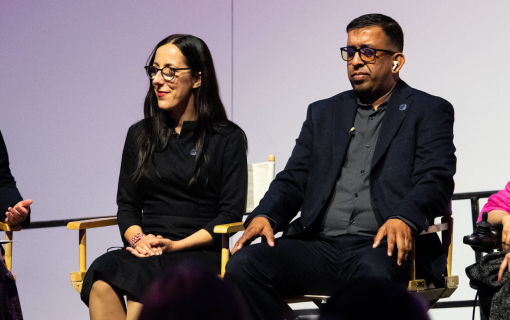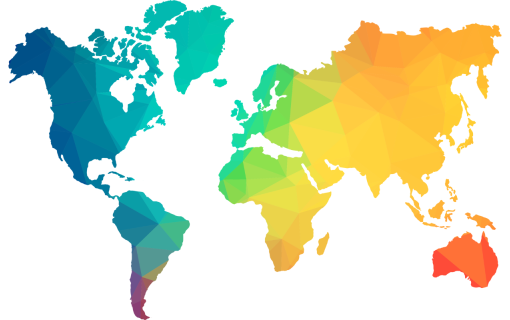New Study Provides Insight into Electoral Access in Guatemala
Following Guatemala’s 2011 elections, IFES conducted focus groups with persons with disabilities, in-depth interviews with leaders of disabled persons organizations and a small-scale survey of electoral authorities to learn about the experience of persons with disabilities in the elections process.
Assessment of Election Access Barriers in Guatemala presents key findings of these research activities. Together, the responses provide a snapshot of current practices in the Central American nation and serve as a powerful advocacy tool for promoting equal access.
Among the areas explored were access to polling stations, poll worker knowledge of the rights of persons with disabilities and administering the vote to this population, and observance of national and international laws.
The different respondent groups identified the same set of major barriers to voting for persons with disabilities in Guatemala, which include poor infrastructure, inadequate transportation, insufficient voter information and the lack of sensitization to people with disabilities among poll workers and the general public. While respondents believe the situation has improved with each election cycle, study findings highlight the need for continued improvement and relevant reforms that should be implemented well in advance of the next elections.
Assessment of Election Access Barriers in Guatemala is part of IFES’ work to increase access to political processes for persons with disabilities.









